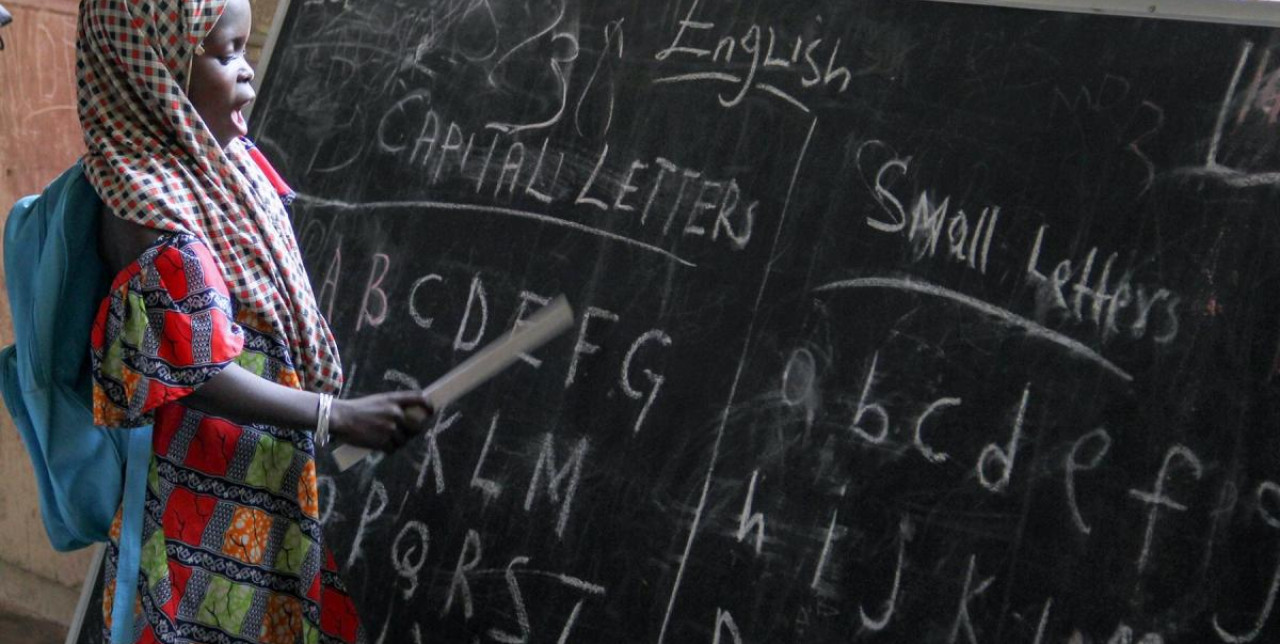14-07-2017 | di COOPI
Terror does not hinder education
In Nigeria, people fleeing violences of the Boko Haram terrorist group are still too many. The presence of displaced persons is very critical, especially in Maiduguri: the only capital of the state of Borno is home to about 350 thousand, out of a total of 1,825,321 IDPs throughout the North-East of Nigeria.
It’s mainly children paying the heftiest price, as they lose their family, flee their homes and live in a situation that exposes them to the risk of abuse and exploitation. Many of them do not study because they are forced to work. Schools are not safe places because they become the main Boko Haram targets; students and teachers have often been kidnapped or killed.
Education in safety
COOPI, with the support of the Italian Agency for Development Cooperation (AICS), is on the field with a project titled "Intervention to extend access to education (formal and non-formal) of quality and psychosocial support for minors in school in hosting villages and displaced communities in the urban area of Maiduguri".
Through such project, the number of vulnerable children getting access to safe educational spaces will increase. COOPI's action includes the restructuring of the classes already present in 10 public schools and the implementation of adequate sanitation facilities. Furthermore, 50 temporary classes will be set up to accommodate 50 minors each and both types of classrooms (already existing and temporary) will receive a new supply of furnitures and school material.
Not just children
Within the emergency classes there will be educational and extra-scholastic activities, such as creative workshops for children aged 6 to 12 and for boys aged 12 to 17 years. Thanks to these activities, children will be able to develop their relational and communication skills. Each class will have a school committee that will support the COOPI operators in work planning and management activities.
Women, men and the elderly will also be involved in the project. They will participate in events and focus groups aimed at raising awareness of the community on issues of protection, health and hygiene standards and nutrition.
Finally, COOPI psychologists will guarantee scholastic and family psychosocial support. The first is aimed at children with specific problems and teachers during the implementation of teaching activities. Family support, on the other hand, has been designed for families in need.




 Nigeria
Nigeria